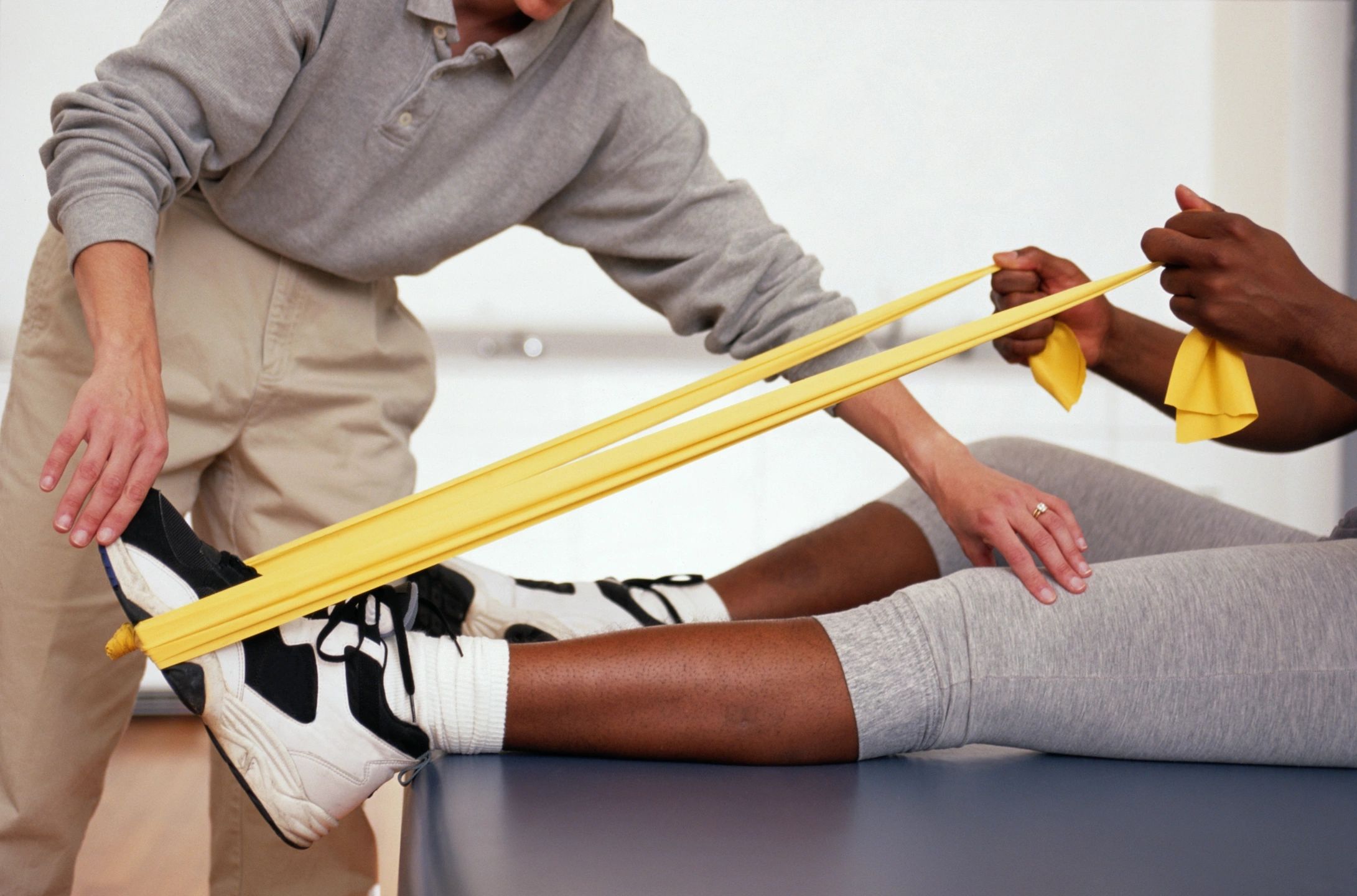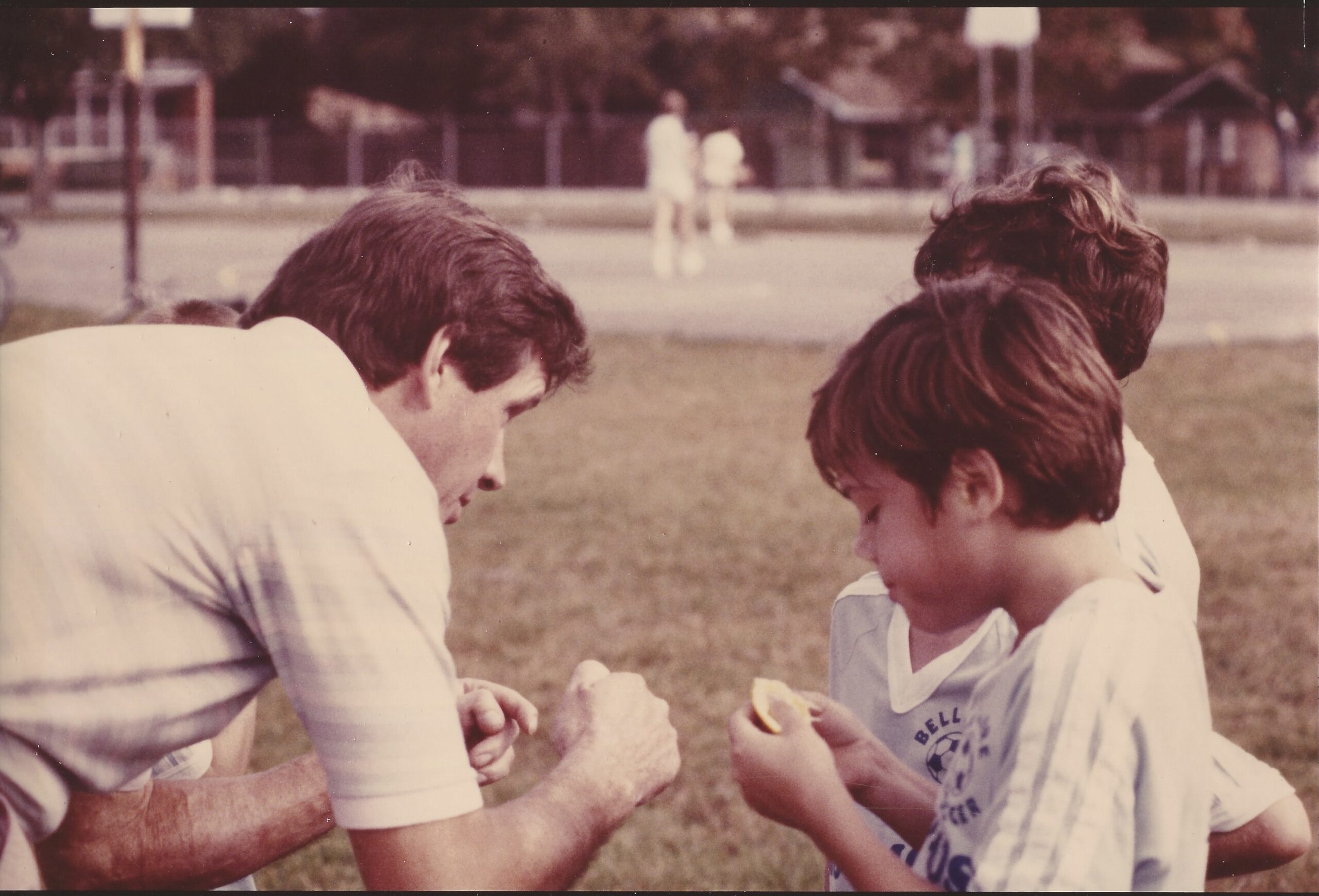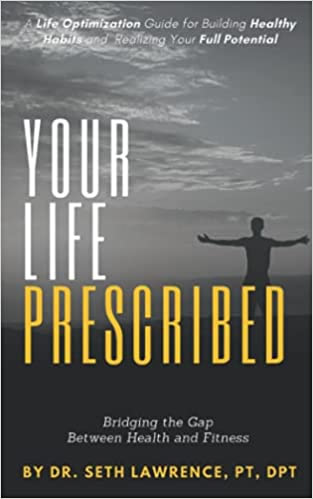Can someone please tell me why the younger we are the more sleep we need (but don’t want) while the older we get, the more we want it but can’t seem to get it? What a mind trip. When I was a kid, a nap was a punishment or at least seemed like it. I didn’t want to miss anything (enter FOMO). Now, if I could negotiate naptime into my employment package, I totally would. As we age we need a bit less sleep than we do when we’re younger, but we need it nonetheless. We need sleep for recovery, growth, and mental acuity.
The best quote I have ever heard about sleep was from Arnold Schwartzenegger. If you don’t know his story, he accomplished pretty much everything in life he set out to do. When talking about time utilization and the ability to maximize effort, he said, “you need this much time to do this and that, which leaves you 6 hours for sleep. If you need 7 or 8 hours, then just sleep faster.” For some reason, I believe he could probably pull that off. But for most of us, it’s as much about the amount of sleep we get as it is about the quality of that sleep.
Sleep is when the body recovers; it’s like a reset button. When we are younger, sleep is when our bodies and our brains do the lion’s share of their growth and development. Because of that, it’s easy to believe that as we age sleep is less important, but that couldn’t be further from the truth. I discovered this in graduate school; if I held a highlighter in my hand when I was dozing off during a lecture, I would end up dropping it when I inevitably fell asleep. This would wake me up and just that momentary reset seemed to be enough to get me through the rest of the lecture, if not the day. (Not that this happened more than once-don’t tell Dr. Gorniak.)
Prepare for Sleep
To get quality sleep, much like anything in life we want to succeed in, we need to prepare. Try to go to sleep at the same time every night. It can be a bit more difficult on the days we’re not getting up and going to work, but we still need to make a concerted effort to stick to a schedule. The body responds well to patterns, consistency, and schedules. Once you develop a routine, you will notice that your body will start to prepare itself for this time at night and you will get to sleep quicker and with less tossing and turning. Black-out curtains will help to keep the room dark and allow our body’s circadian rhythm (internal clock) to function properly. Melatonin, a hormone released in the body to help calm us down and get us ready for sleep, is produced when it is dark and decreases in production when your body is exposed to light. Also try keeping the bedroom cool, between 65 and 74 degrees. No one likes to sweat while they are trying to sleep.
Wind it Down
Start to get ready for bed about an hour before you go to sleep. Put the electronics down and turn the TV off. You can also do some yoga or light stretching for relaxation before bed. Don’t over do it, as we are not trying to increase heart rate and blood flow. Set this time aside for you. Make time to read, just don’t make it about work or something that’s going to increase stress levels. Remember that the bed should be used for sleep and sex. This is a perfect time to cuddle and catch up with your significant other.
Prepare for the Morning
It can be extremely helpful to use your wind down time to get ready for the next day. Get your clothes picked out, pack a lunch or prepare the next day’s breakfast. If you’re not naturally a morning person, having everything prepared can actually help you get up. Wouldn’t it be a lot easier to get out of bed if you didn’t have chores you were dreading and knew you could wake up to a relaxing morning?
Be Mindful of Eating and Drinking
Fasting before bed (three hours if possible) decreases insulin circulation in your system and can help clean up the brain and its connections. Excessive insulin in the body is becoming more of a focal point in the study of patients with Alzheimer’s disease. It is said that increased levels of insulin for prolonged periods may have a contributing factor in the accumulation of Amyloid plaques in the brain. This is one of the primary reasons brain cells don’t communicate in patients with the disease.
Avoid the nightcap right before bed or at least an hour before you go to sleep. Alcohol is tricky. It may help you fall asleep, but at the same time, it prevents you from getting real, restful sleep. It is also unlikely to help you stay asleep-the key to getting a good nights’ rest.
Relax & Meditate
If you are having trouble sleeping because your mind is racing, then try to distract your mind with some easy meditation. Count your breaths. Breathing in is one and out is two. Count to ten then start over. Think about the breath going in your nose to your lungs. This simple exercise will distract your mind from whatever it is you can’t stop thinking about and won’t let you fall asleep. Your mind will stray but just bring your attention back to your breathing. You will get better at this and will soon find yourself waking up not remembering how many sheep you counted. And don’t worry, that number will decrease as you get better at this exercise.
A lack of sleep decreases willpower and increases moodiness. It will diminish your ability to perform at peak levels the next day. If we are trying to follow a meal plan it can derail us by decreasing proper decision-making ability.
Whatever it is, try to slow down before you put your head on the pillow. For most of us, it is tough going 0-60 in the morning just jumping out of bed and running to the car to take on the world. A morning routine helps us with that (we will talk about that another time.) But an evening routine will allow us to go from 60 to 0 and get quality, refreshing sleep that will help us not just feel, but BE refreshed and energetic, ready to take on whatever challenges the world has for us the next day.




